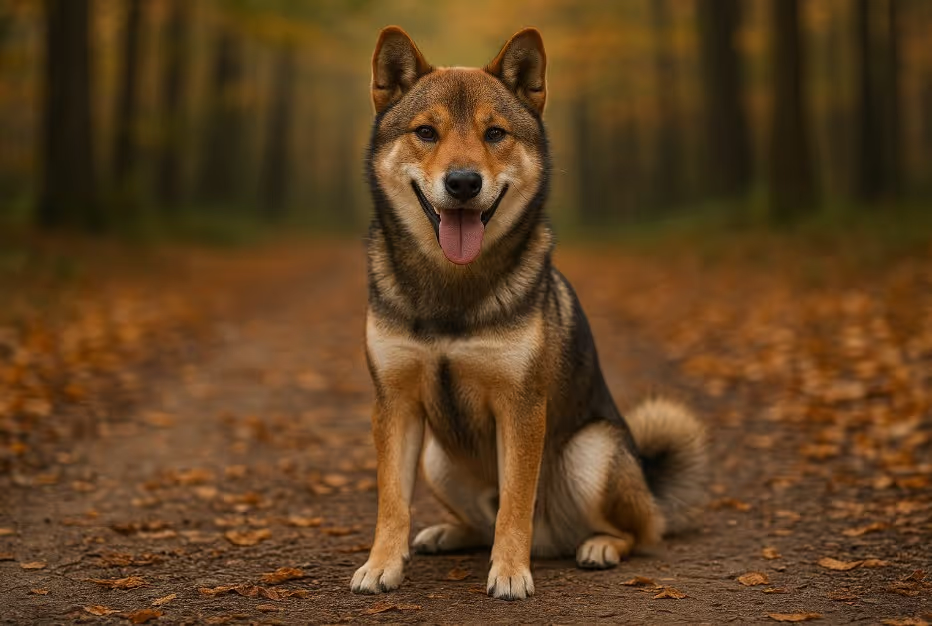The Shikoku is a rare, intelligent, and agile Japanese spitz-type breed prized for its hunting skill, loyalty, and wolf-like beauty. Originating from the mountainous Shikoku Island in Japan, this medium-sized dog has a bold yet devoted temperament, excelling as both a hunting companion and a loyal family guardian. Best suited for active owners, the Shikoku thrives in homes that can provide daily exercise, mental challenges, and consistent training.

The Shikoku’s history dates back centuries on Shikoku Island, where it was developed to hunt boar and deer in rugged, mountainous terrain. Bred by local hunters, the breed’s strength, endurance, and sharp senses made it invaluable for tracking and confronting game. The Shikoku is closely related to other native Japanese breeds like the Shiba Inu, Akita, and Kishu Ken. Recognized as a national treasure by Japan’s Nihon Ken Hozonkai (NIPPO) in 1937, the breed remains rare outside Japan but is gaining recognition internationally, including recognition by the American Kennel Club’s Foundation Stock Service.
Moderate grooming required to maintain coat health.
Moderate grooming with heavy seasonal shedding.
An active and athletic breed with high endurance.
Intelligent but can be independent and strong-willed.
A balanced diet supports their active lifestyle.
Generally healthy but may be prone to a few breed-specific concerns.
Rare outside Japan but available through dedicated breeders.
Are Shikokus good family dogs?
Yes, for active and experienced owners; loyal and affectionate with family.
Do they bark a lot?
They may bark to alert but are generally not excessive barkers.
Do they shed much?
Yes, heavily during seasonal shedding.
Are they easy to train?
Yes, with consistency and positive reinforcement, though they can be independent.
Do they get along with other pets?
Yes, with socialization, but may have a strong prey drive.
Are they hypoallergenic?
No.
How much exercise do they need?
At least 60–90 minutes daily.